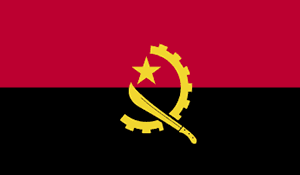
Angola: obligacje, indeksy, ratingi kredytowe
Nazwa kraju
Angola
Dług obligacyjny
22.045 mln USD



